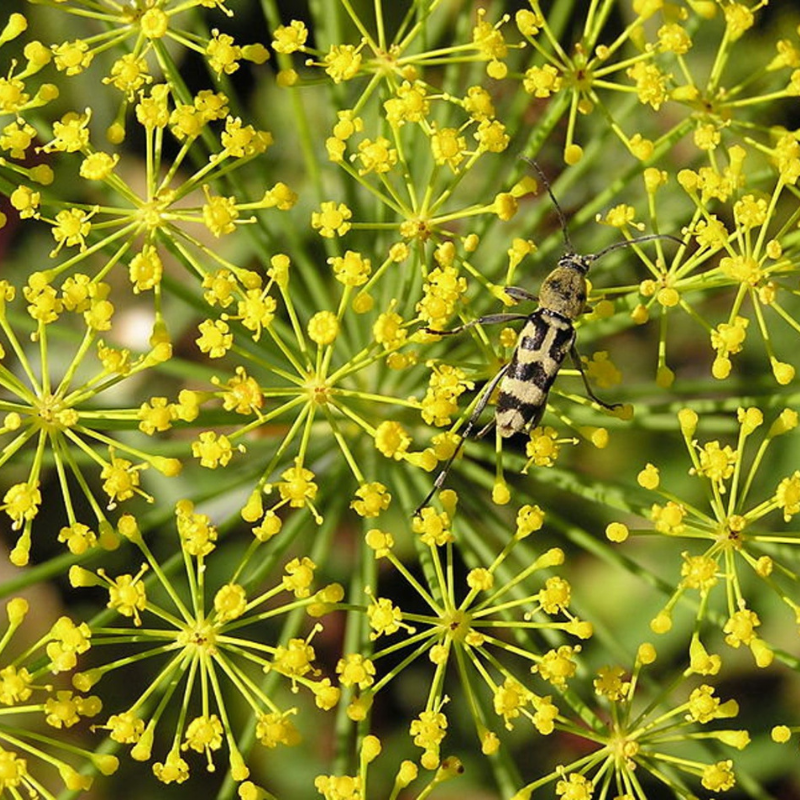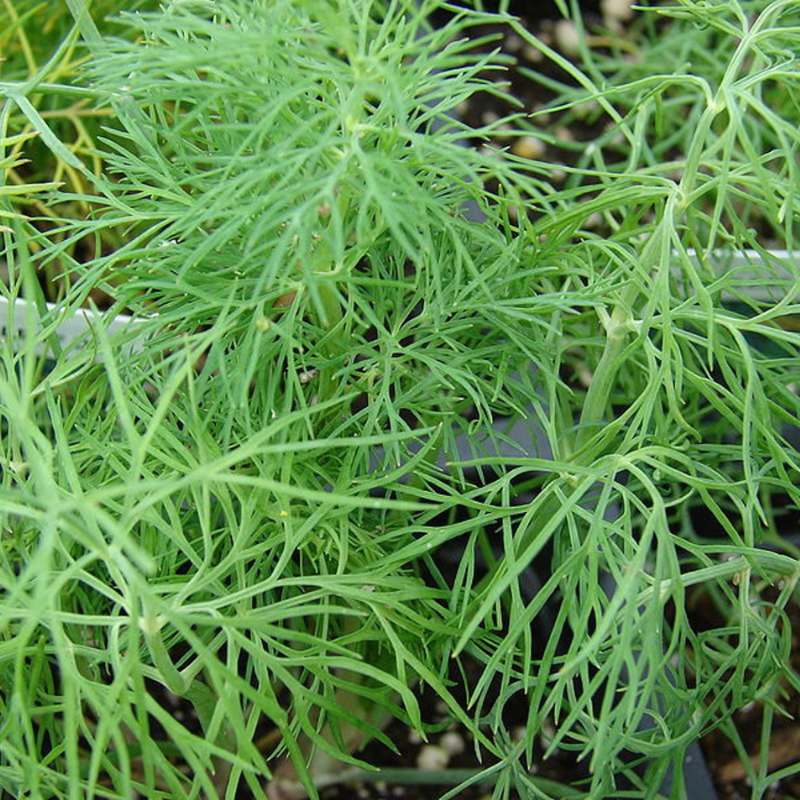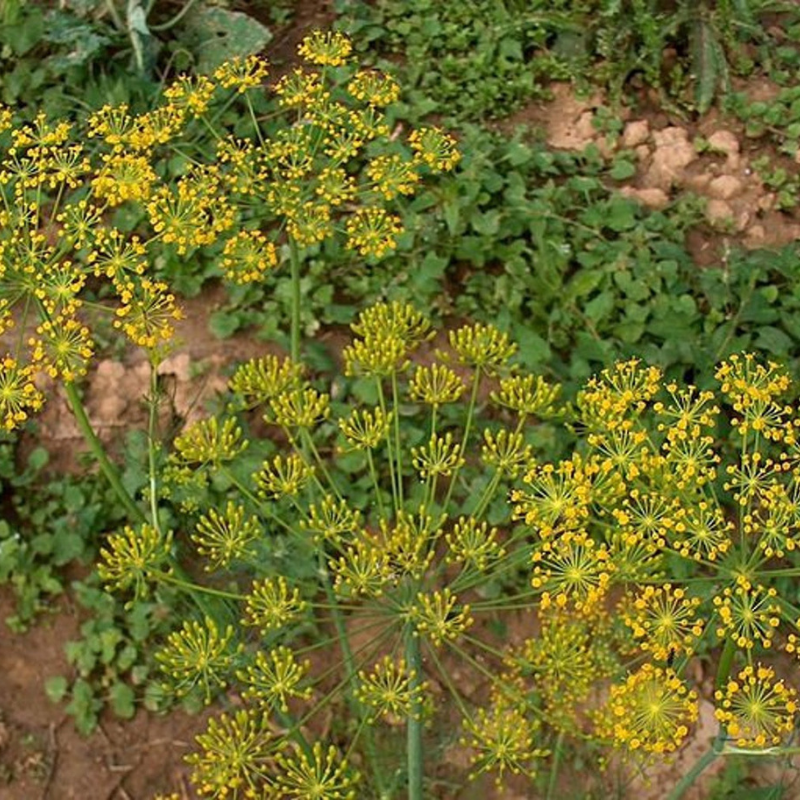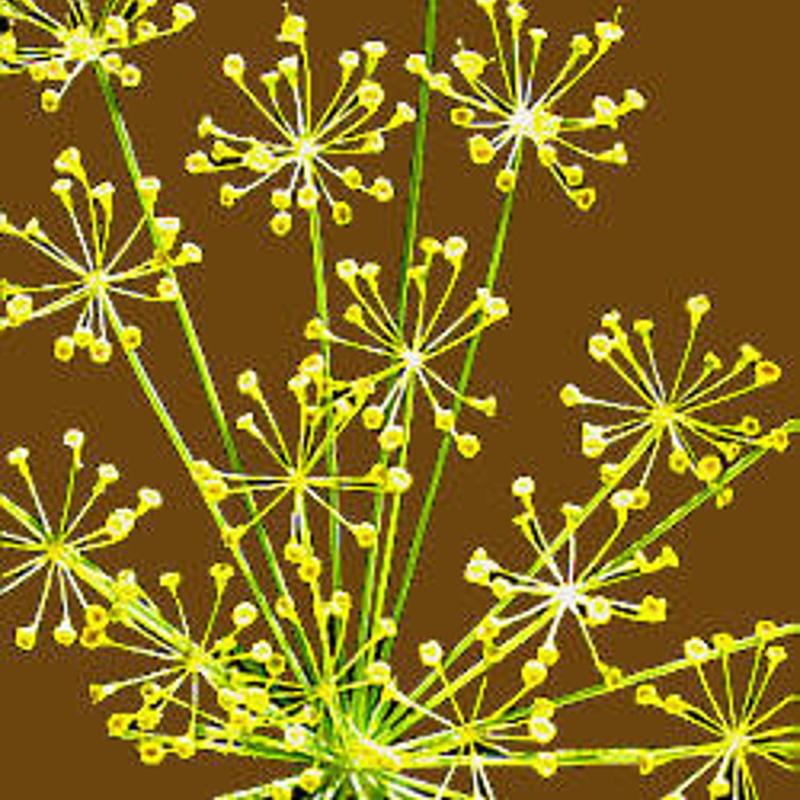- Historical context: Dill (Anethum graveolens) has been used since ancient times for its culinary and medicinal properties. It was well-known in ancient Egyptian, Greek, and Roman cultures.
- Geographical origination: Dill is believed to have originated in the Mediterranean region and southwestern Asia.
- Relevant cultural significance: Dill has been used in various cultures for its flavor and health benefits. It is a staple in Scandinavian, Russian, and Middle Eastern cuisines.
- Time period of discovery: Dill has been cultivated for thousands of years, with records dating back to 3000 BC in ancient Egypt.
- Original habitat: Dill thrives in temperate climates and is commonly found in fields and gardens in its native regions.
- Notable historical uses: Historically, dill was used to ward off witches in medieval Europe, and it was also used as a remedy for digestive issues and to promote sleep.
- Ideal temperature range: Dill grows best in temperatures between 60-70°F (15-21°C).
- Soil type: It prefers well-drained, loamy soil with a pH between 5.5 and 6.5.
- Sunlight requirements: Dill requires full sun to thrive, needing at least 6-8 hours of direct sunlight daily.
- Watering needs: Keep the soil consistently moist but not waterlogged. Water regularly, especially during dry periods.
- Planting season: Plant dill seeds in the spring after the last frost or in the fall in milder climates.
- Germination time: Dill seeds typically germinate in 10-14 days.
- Growth cycle duration: Dill is an annual herb, completing its life cycle in one growing season, usually 60-90 days.
- Common pests and diseases: Watch out for aphids, caterpillars, and powdery mildew. Use organic insecticides or natural predators to control pests.
- Companion planting advice: Dill grows well with cabbage, onions, and lettuce. Avoid planting near carrots and tomatoes.
- Common challenges and solutions: Dill can bolt (flower prematurely) in hot weather. To prevent this, plant in cooler seasons and provide adequate water.
- Nutritional values: Dill is rich in vitamins A and C, calcium, iron, and manganese.
- Health benefits: Dill has antioxidant, anti-inflammatory, and antimicrobial properties. It aids digestion, reduces flatulence, and can help with insomnia.
- Culinary uses: Dill is used to flavor soups, salads, pickles, and fish dishes. Both the leaves (dill weed) and seeds (dill seed) are used in cooking.
- Medicinal uses: Traditionally, dill has been used to treat digestive issues, colic in infants, and bad breath. Dill tea is a common remedy for digestive discomfort.
- Other unique advantages: Dill attracts beneficial insects like ladybugs and predatory wasps, which help control garden pests.










